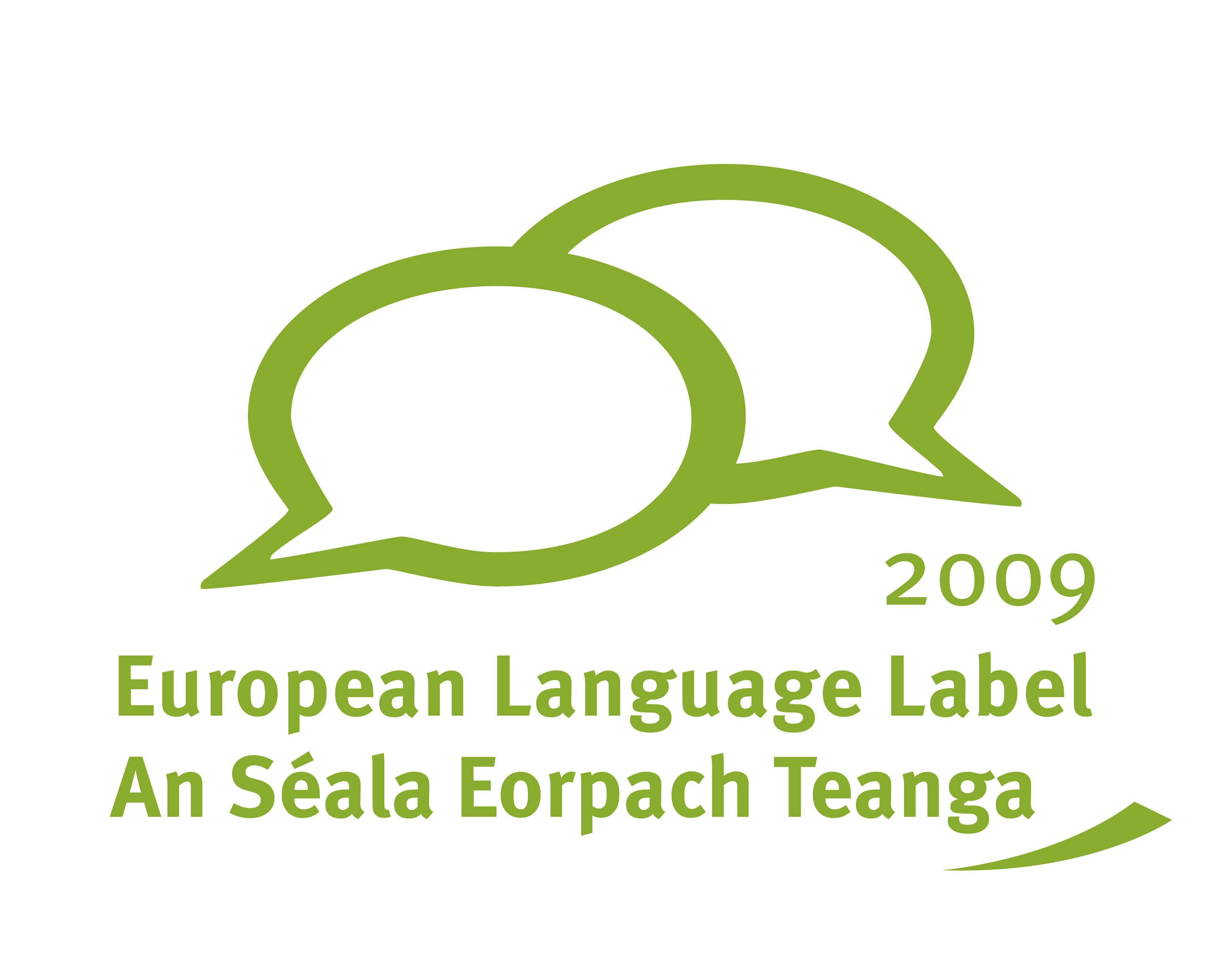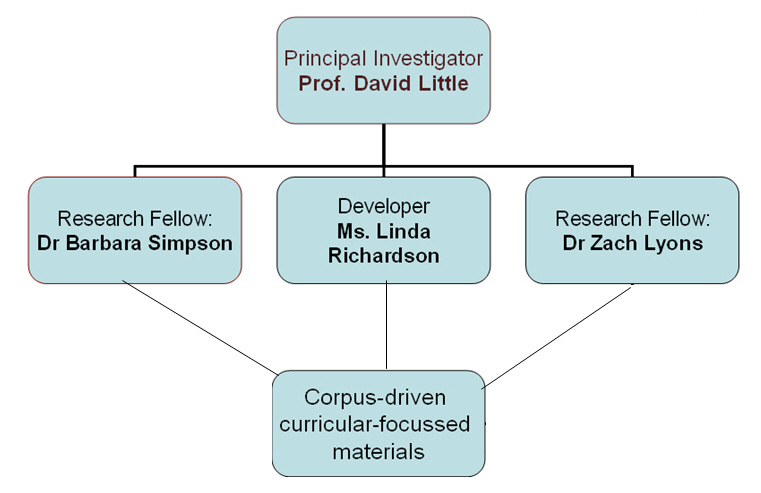 |
| English Language Support Programme » Background to the Project |
The English Language Support Programme1.3 Integrate Ireland Language and Training (IILT) 1.4 Building on the work of IILT 1.5 Interaction with schools and teachers The research team for the English Language Support Programme comprises David Little (principal investigator), Zach Lyons and Barbara Lazenby Simpson (research fellows) and two PhD students (Rachael Fionda and Stergiani Kostopoulou). The development team for the Language Support Activity Units comprises Zach Lyons, Barbara Lazenby Simpson and Linda Richardson. We would like to acknowledge the contribution of Áine Larkin, Peter Maguire and Micheál Tiarnaigh who played significant roles in developing the units and the website. Finally, we would like to thank all the teachers who helped us trial these units and the website. 1.2 The Challenge
1.3 Integrate Ireland Language and Training (IILT) The number of primary teachers attending the in-service seminars increased rapidly year by year, whereas post-primary numbers remained constant. By 2006 IILT was offering seven primary in-service seminars in each round, but only one post-primary seminar. This may reflect the fact that many post-primary ESL teachers cannot be released to attend in-service courses because they are chiefly teachers of mainstream subjects. In 2006 IILT revised all the materials it had developed for primary ESL support and published them as a substantial teacher’s handbook entitled Up and Away (IILT 2006); the next year it did the same for the post-primary sector (IILT 2007). In 2007 IILT was obliged to suspend in-service provision for lack of funding and human resources. Secondly, it is intended to make the Benchmarks and the ELP more useful by adding a substantial subject-specific dimension. In addition, a fourth proficiency level (B2) will be added to the Benchmarks and the ELP before the end of the project to encompass the language skills students need to develop if they are to meet the challenge of the public exams. The third task we set was to use our linguistic analysis of the linguistic demands of the mainstream curriculum to develop a large array of teaching/learning materials and make it freely available to schools via the internet. The fruit of this endeavour is to be found within the Language Support Activity Units on this website. These and other materials found here build on what IILT has already put in place and are designed to support teaching and learning at each of the Benchmarks levels, focussing explicitly on the different subjects of the curriculum. Our fourth and fifth tasks are the compilation of a manual for post-primary English language support and the development of assessment instruments. Both of these lie in the future. To begin with we thought we should develop further IILT’s resource book for ESL support at post-primary level. Now it seems more appropriate to make organizational and pedagogical guidelines available on our website. Council of Europe, 2001: Common European Framework of Reference for Languages: Learning, teaching, assessment. Cambridge: Cambridge University Press. IILT, 2003a: English Language Proficiency Benchmarks for non-English-speaking pupils at primary level. Dublin: Integrate Ireland Language and Training. IILT, 2003b: English Language Proficiency Benchmarks for non-English-speaking students at post-primary level. Dublin: Integrate Ireland Language and Training. IILT, 2004a: European Language Portfolio: Learning the language of the host community, primary. Dublin: Integrate Ireland Language and Training. IILT, 2004b: European Language Portfolio: Learning the language of the host community, post-primary. Dublin: Integrate Ireland Language and Training. IILT, 2006: Up and Away Dublin: Integrate Ireland Language and Training. IILT, 2007: A resource book for language support in post-primary schools. Dublin: Integrate Ireland Language and Training. Little, D., 2002: The European Language Portfolio: structure, origins, implementation and challenges, Language Teaching 35.3, 182–189. |

|
||||||||
|
|||||||||

